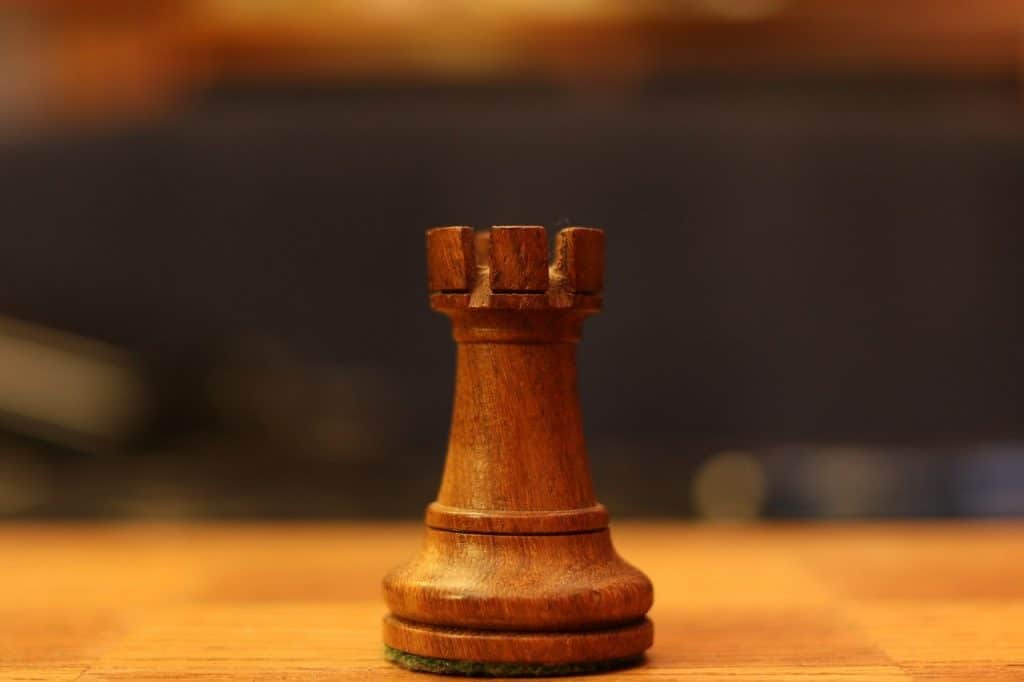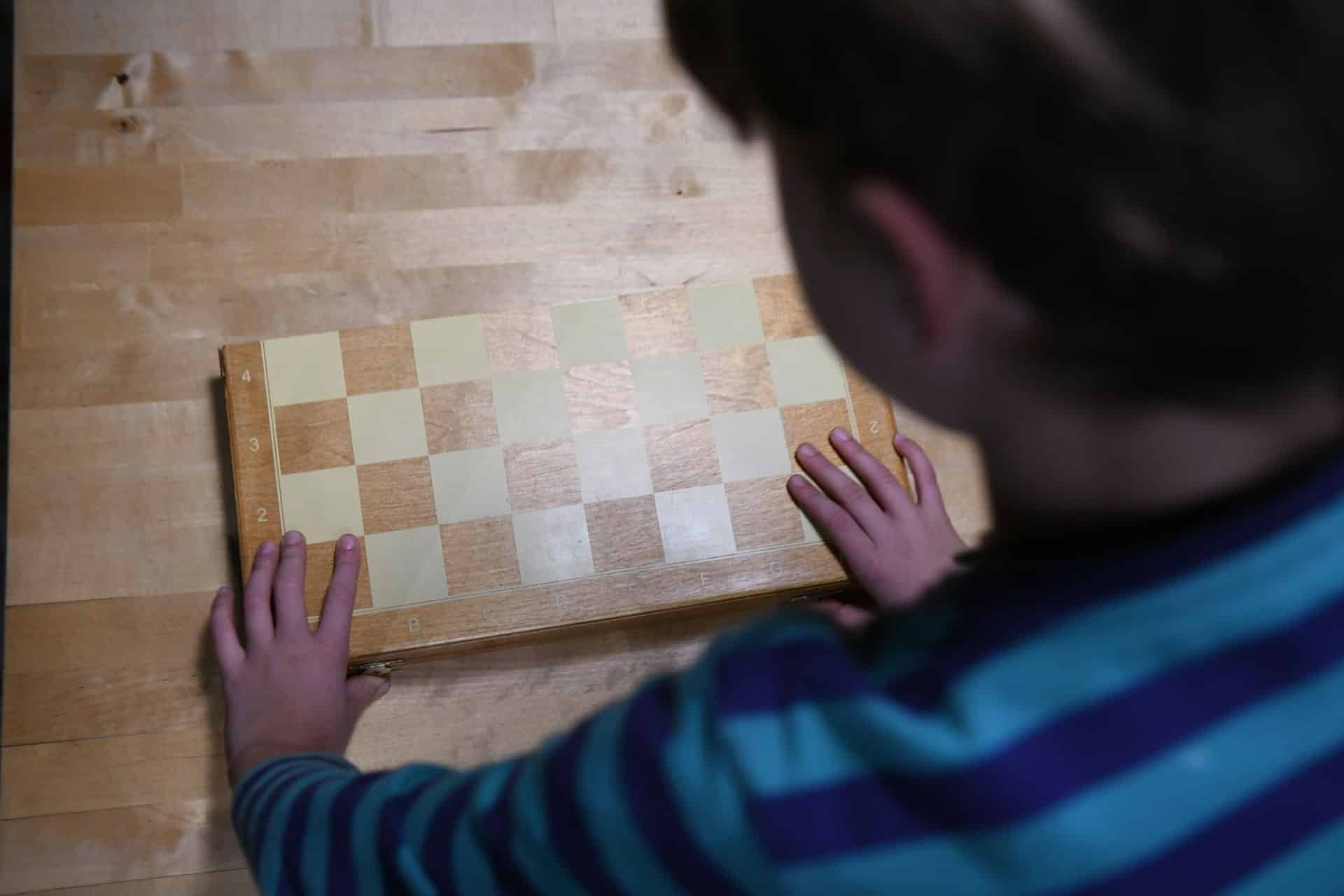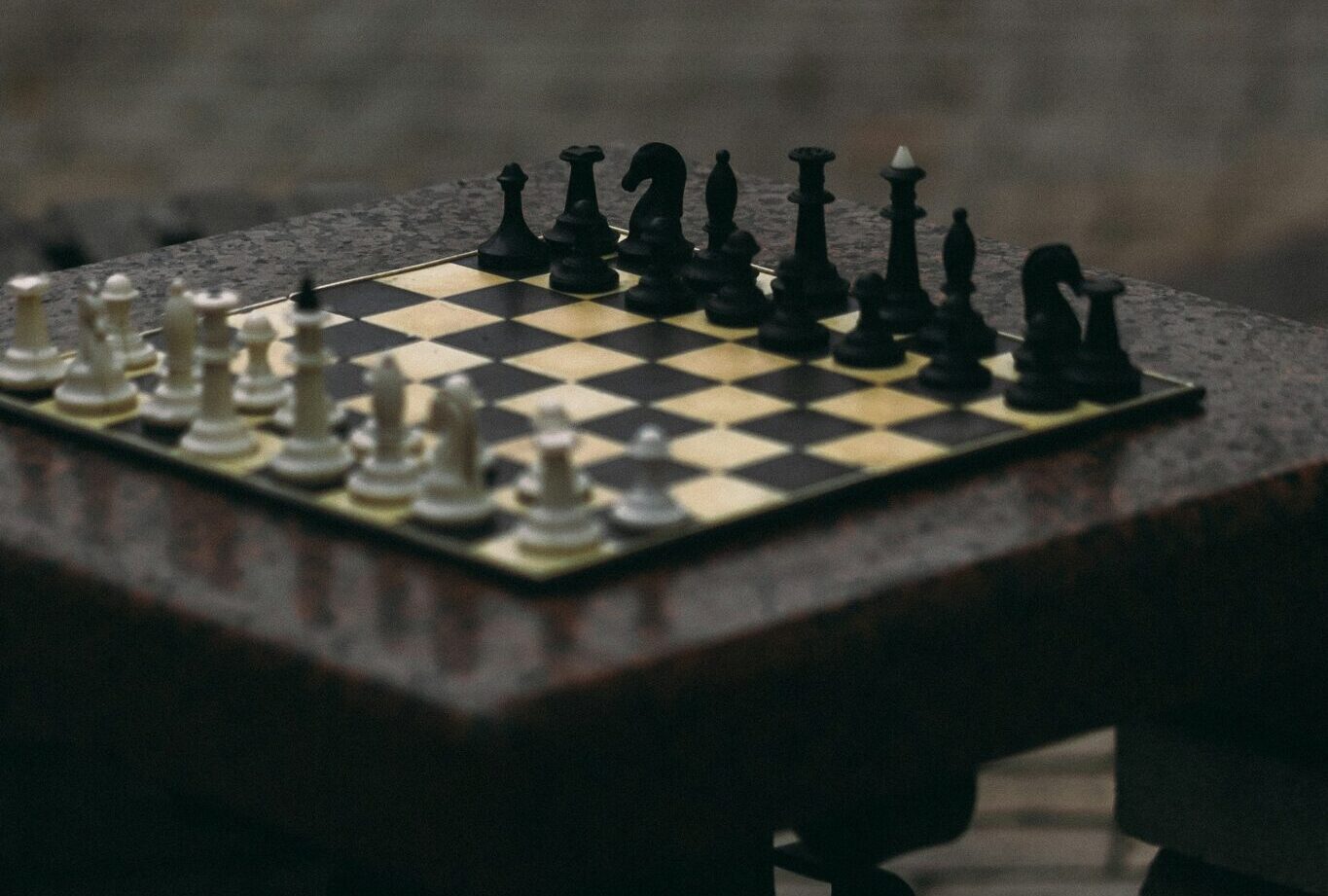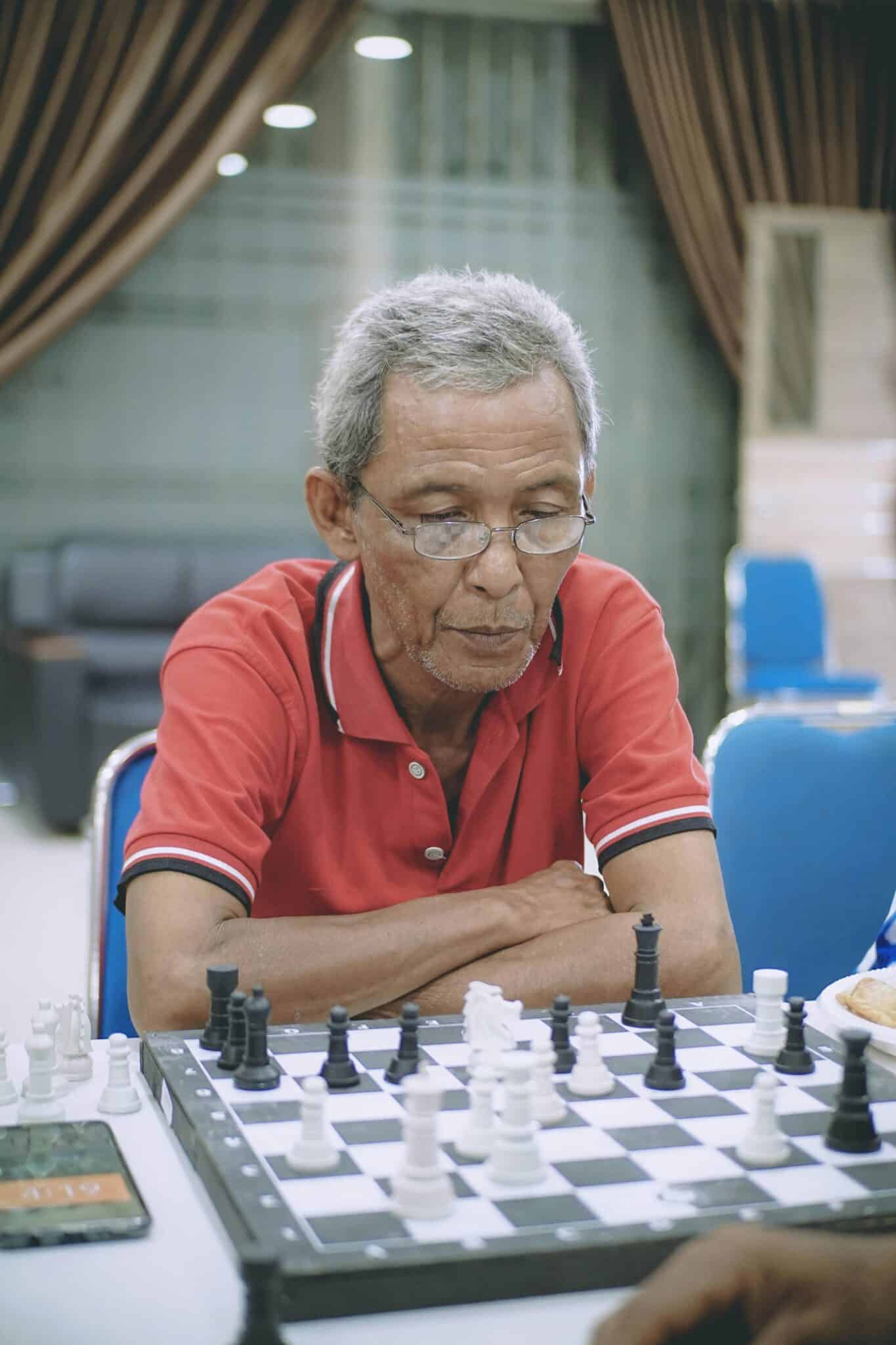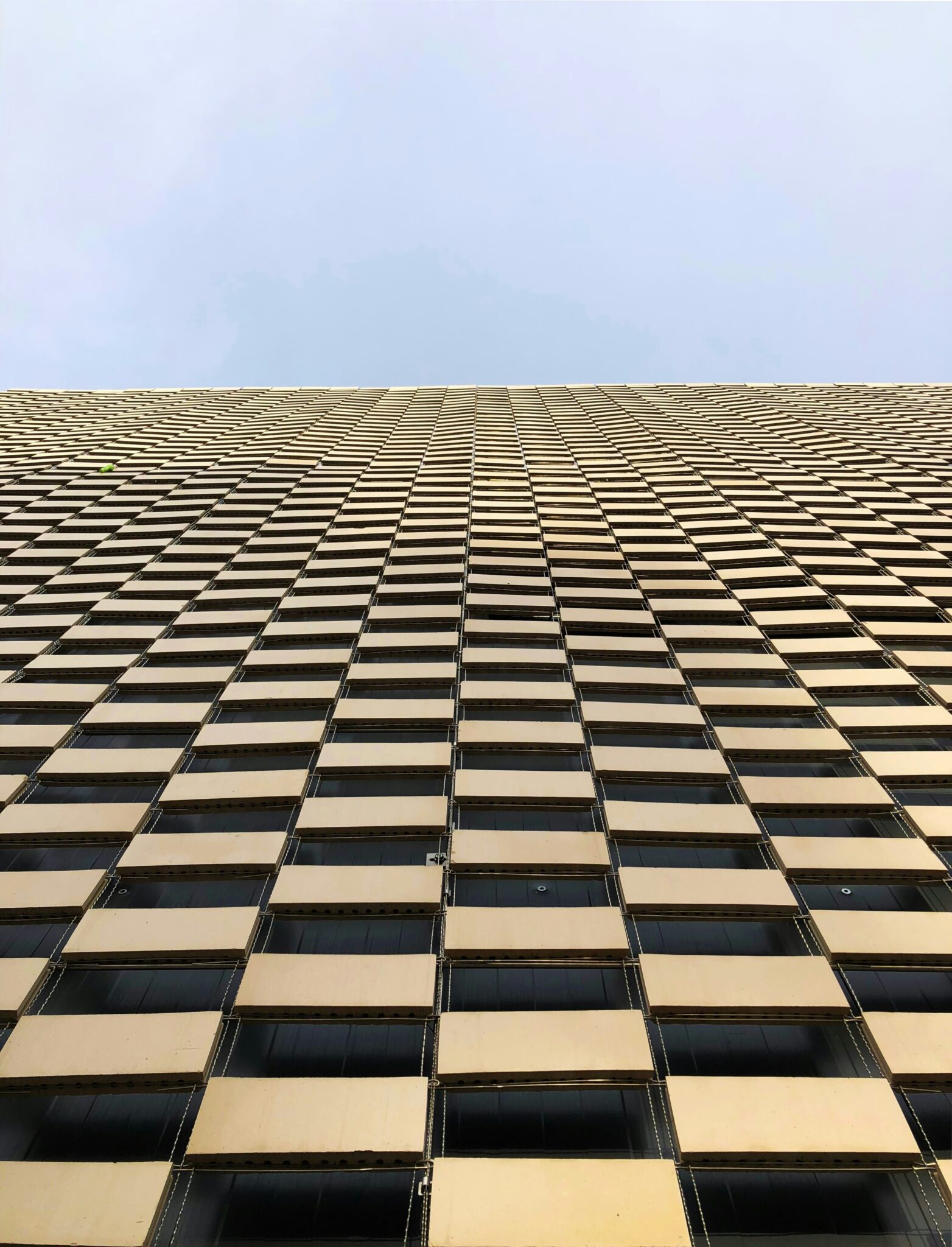Getting better at something is mostly achieved just by practice. Do it more and more until you are a pro at doing it. Experience is your best friend, in this case, that’s how you improve in chess.
In the case of chess, is a discipline like anyone else, and that is the most important part to understand. Did you think there are “secrets” to become a chess master?
I’m sorry to disappoint you, but there isn’t such a thing. The only secret there is that people don’t want to understand the only way to do this is by getting your hands dirty and doing it once for all.
However, there are indeed some methods and techniques that can help you improve in chess more efficiently. Also, don’t even think that it requires “hard work” that is not the best approach to it.
Chess is a game, just a game, improving your chess skills, hone up or study has to be fun. It’s true that getting better at something requires time, but not necessarily hard, intense, mind-straining study.
This is not healthy and this should be over everything else. Here we will discuss the ways you can upgrade your chess skills over time easily through an enjoyable journey.
Table of Contents
An efficient way to improve in chess (3 steps)
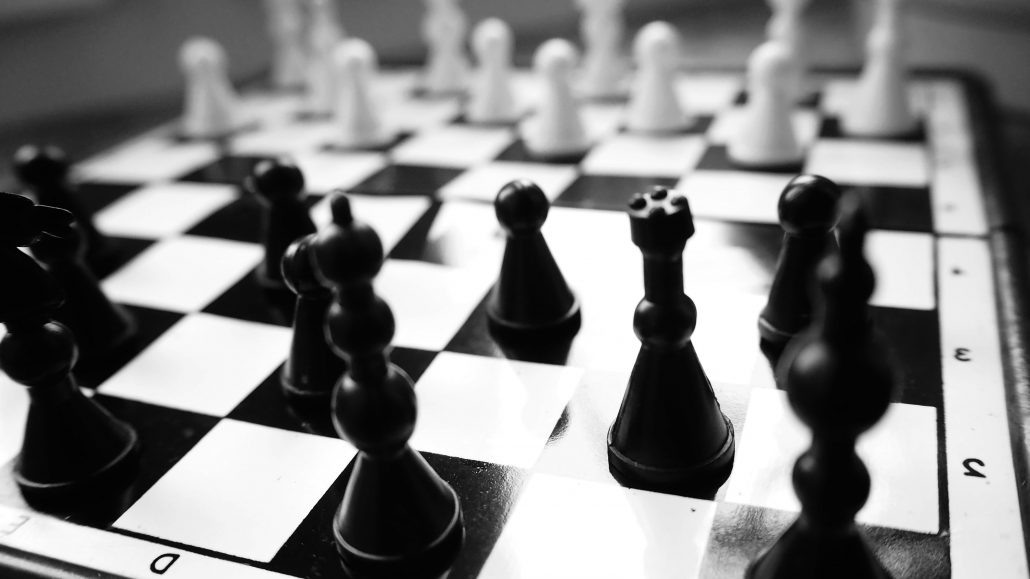
Remember is not about where you want to go, it’s all about your travel. The way you do it is the most important thing, also, do you know what you want?
You want to get better at chess, yes! But what exactly are you trying to achieve?
Get better at chess involves a vast amount of things, like knowing openings, studying chess concepts, improve your calculation, or even learning to move a piece!
Studying chess is easy and it always has to be fun, the process has to be enjoyable and fun so you improve in chess and actually like it. But also requires a compromise with yourself, chess is a game that you must be studying pretty often if you really want to improve.
You need to have a clearer idea of what you want and where you are going. I will give you a general method that always works, by simple logic, if you apply it consistently and with commitment.
Play and analyze your games
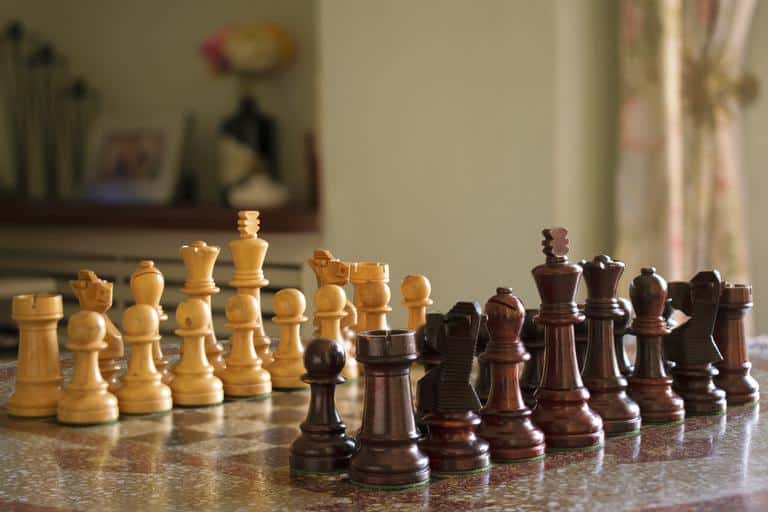
Of course, practice is good, but with correct methods, not just play chess to play chess and then tell yourself you are “honing up”.
You should play chess, better in slow time controls and taking your time to actually play the game. In blitz, usually, you don’t win if you play more precisely, you win if you play fast.
If you want to get better at chess you shouldn’t play too much blitz, as it gets your mind to put quickness over preciseness. I know it’s fun to play often, but not too much, if you really want to improve in chess you need to learn to take your time to think the moves.
Play slow classic games with good players, look for better players than you, or even a chess engine will do. After you play a game take the time to analyze it afterward, do it calmly and precisely.
You can use an engine to help you with this but is much more recommendable you make your analysis on your own, and then compare it with the engines.
One thing you can do is play a chess tournament online, play in a tournament with players who have a rating similar to yours. Play the whole tournament until the end, no matter how many times you lose or win, then, you will have a lot of material to work on and improve in chess.
Then, work over all of the games you played in that tournament, one by one. This is done to know what were your errors and why you made the mistake.
When you identify where are the moves that are not good, and what were your mistakes move onto the next step.
How to get better at chess spotting your weaknesses
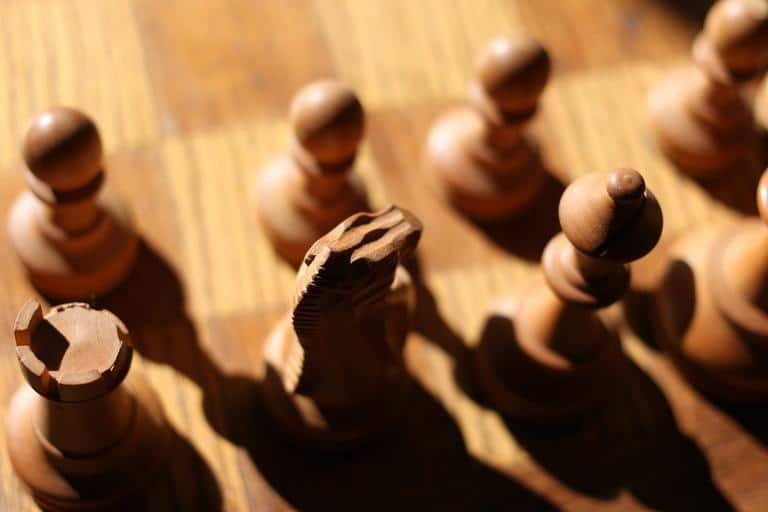
After you analyze the games there should be an idea that you got over that analysis. This is more like a psychological analysis about your thinking during the game, let’s state and an example:
Say that you moved a pawn when it was not the right time to do it, you need good timing to improve in chess. Maybe the idea is ok, but the timing was bad because you had to prepare the advance first.
Look at how the computer would have played that position, which moves it would have done before the advance.
Analyze the moves, by analyzing I mean understand them and define them with practical and simple concepts.
Example: The computer first needs to prepare the advance before making it, placing the rooks behind and protecting the advance square, got it!
After you do this, you will have an “internal note” and the next time you are about to advance a pawn you will think twice now. This is how the experience works in chess improvement, is key that you get the best out of every single loss, that’s the best way to get better.
How to master chess eliminating your weaknesses?
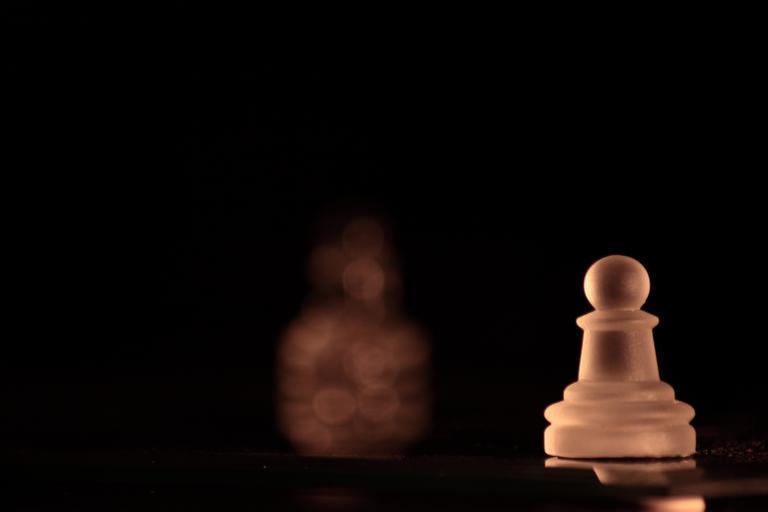
Let’s say that after analyzing a game you conclude that you prefer one kind of position over another. This is very normal and is part of the learning process to improve in chess, changing perceptions is learning actually.
You will probably feel intrigued for positions with hanging pawns, or maybe isolated pawn. Maybe you prefer to defend instead of attacking yourself and then counterattack.
This is where your material and chess books come into play. Look up games with hanging pawns and see how they are played, the most important is the comfortability.
If you like it, study it, and then apply it to your games, you will feel at ease playing the kind of position you like. This is also a psychological advantage in chess, that’s what you study for.
This is how you give shape to your chess knowledge bit by bit, and when you come to see it, you will be a chess master!
You may also like:
Master the Chess Sacrifice to Become a Tactical Monster!

